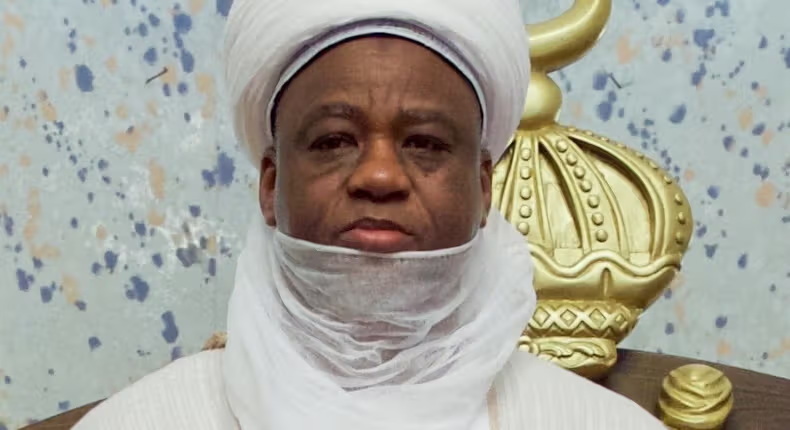The power dynamics between the Sultan of Sokoto and the Sokoto State Government have come into question, with the state Commissioner of Justice, Barrister Nasiru Binji, asserting that the Sultan does not have the authority to appoint district and village heads without the approval of the state governor. Binji made this clarification during a public hearing on the Sokoto Local Government and Chieftaincy Law 2008, held on Tuesday, July 2, 2024.
According to Binji, Section 76(2) of the Sokoto Local Government and Chieftaincy Law grants the Sultanate Council the power to make such appointments, but it mandates that these appointments must be ratified by the state governor to be valid. He argued that this provision conflicts with Section 5(2) of the 1999 Constitution of Nigeria, which vests the executive power of the state, including the power of appointment, solely in the governor or those authorized by him.
Binji emphasized, “The power to appoint is the executive power and who exercises the power, is it not the Governor? This is the reason for the amendment. To correct the mistake of the past.”
This stance underscores a legal and constitutional interpretation that seeks to clarify and align the chieftaincy appointments within Sokoto State with the constitutional provisions governing executive powers. It also addresses concerns raised by various stakeholders about the division of authority in matters of local governance and traditional leadership within the state.

